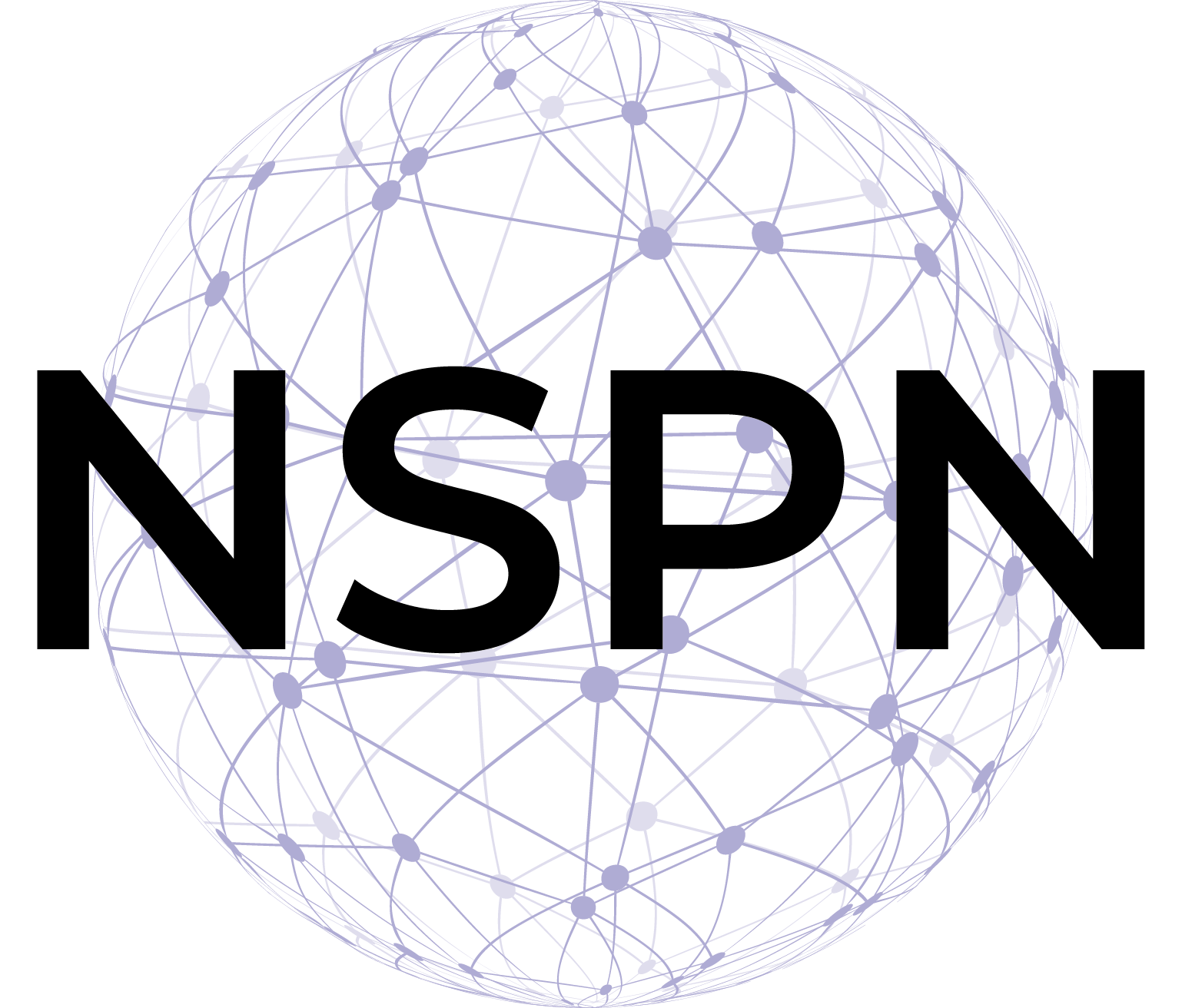National Science Policy Network

Service Area
United States-
On the Web
Website Twitter YouTube -
Contact this Project
The challenge:
The United Nations estimates that by the year 2100, our planet will serve as a home to 11 Billion people. While our human population continues to grow, our planet is warming at an alarming rate and we are already witnessing the devastating effects of climate change. NASA predicts that by 2100, sea level will rise between 1-4 feet, with strong storm surges and high tides inundating coastal cities and towns and devastating infrastructure, surrounding maritime ecosystems, and the economies on which they depend. Addressing climate change requires not only investment in cutting edge science and engineering innovation, but also effective and meaningful translation into actionable policies from local to international levels. A lack of science-based decision-making poses a challenge to addressing many modern challenges, including regulation of gene editing, advancement of digital technologies and security, growing the renewable energy sector and protecting public health. While scientists and researchers operate at the forefront of cutting-edge research and development of innovative solutions to the world’s most intrinsic challenges, policymakers often lack understanding or tools to leverage science and engineering to inform their decisions. As a result, policies can be made in a vacuum, or even worse, based on misinformation. Not only does it mean that these poorly informed policies may not achieve their goals, but such policies can also curtail efforts to bring proven solutions to scale or to fund future discoveries that preserve environmental resources, protect public health, and advance digital technology.

What can be done?
Policy change and science together play a critical role in protecting our planet and its people. Through targeted educational training, outreach, and advocacy, early career scientists and engineers have the unique opportunity to strengthen the nexus between innovative research and enabling policies. By promoting stronger ties between the scientific community and policy makers, attracting more researchers to critical areas of study, and increasing research funding, we can ultimately improve the translation of scientific discoveries into innovative societal solutions that will benefit our planet and its people.
How National Science Policy Network is meeting the challenge:
The National Science Policy Network (NSPN) is a growing network of early career scientists with a shared vision of a world in which the scientific community is a pivotal voice in all levels of policy making, scientists and engineers are equipped to mindfully contribute to public policy, and are encouraged by an academic and societal culture that values their role as engaged public citizens. NSPN’s mission is to catalyze the engagement of early career scientists and engineers in policy making by training the next generation of leaders, fostering community and advocating for the role of science in policy. The Network consists of national and regional teams that support more than 40 chapters located in 25 states throughout the United States. Some of NSPN’s key programs include:
- Hosting an annual National Science Policy Symposium for graduate students, including in-depth workshops on grassroots advocacy, mentorship, effective policy writing and communication, and more. The 2019 symposium, Leveraging Science and Technology to Benefit Marginalized Populations, will be held November 1-3, 2019, in Madison, Wisconsin.
- Providing microgrants to support local and regional initiatives led by early career scientists, including science communication training, science policy and diplomacy guest speakers, and other educational advocacy events in their communities..
- Leading an NSPN 2020 Election Initiative to leverage the critical opportunity that the 2020 election cycle presents for the scientific community to coordinate its efforts and effectively advocate for the importance of science in policy-making and the public.
- Holding an annual international policy memo competition in collaboration with the Journal of Science Policy and Governance.




